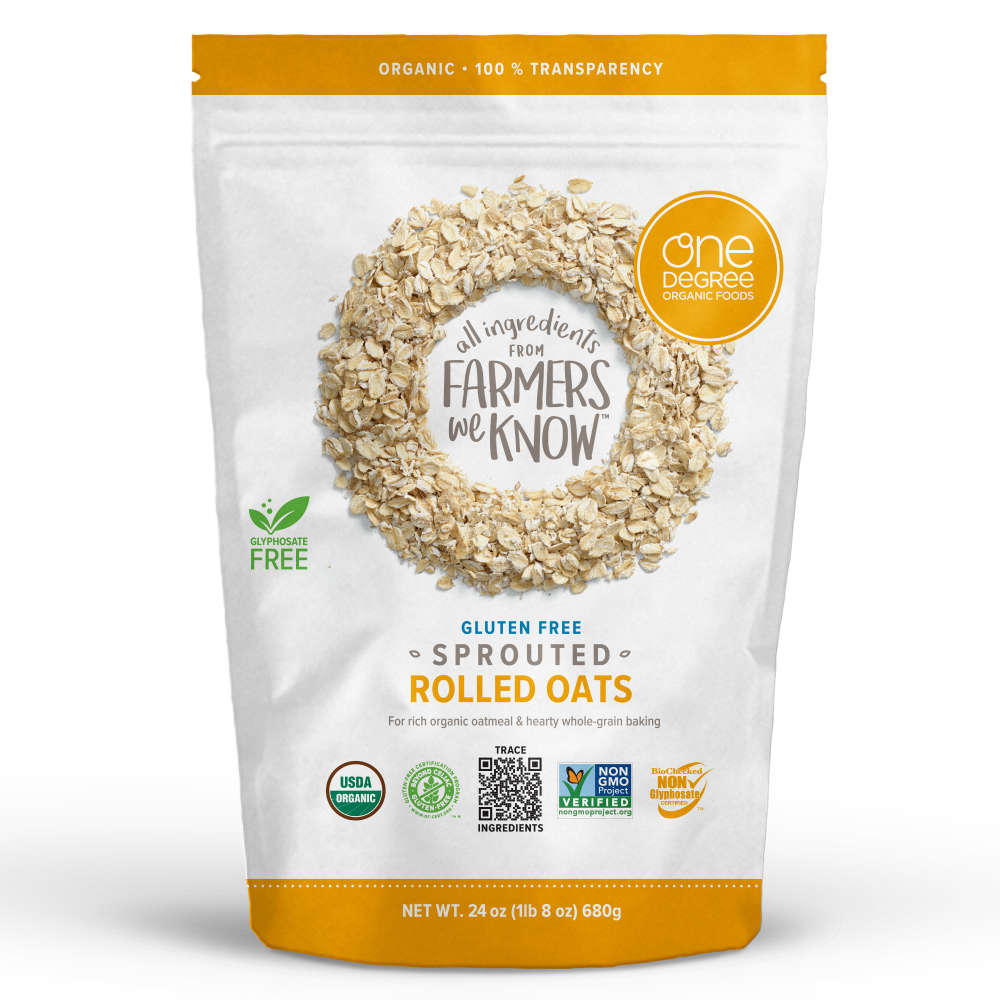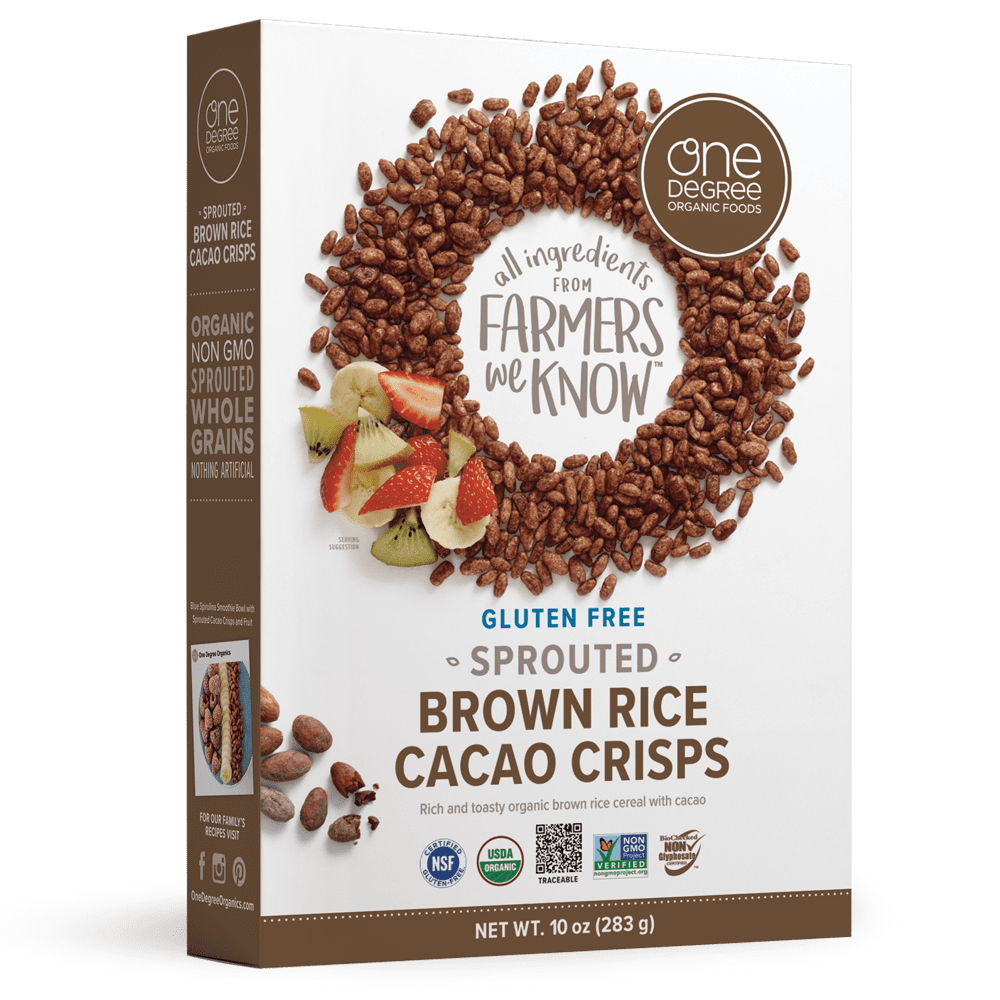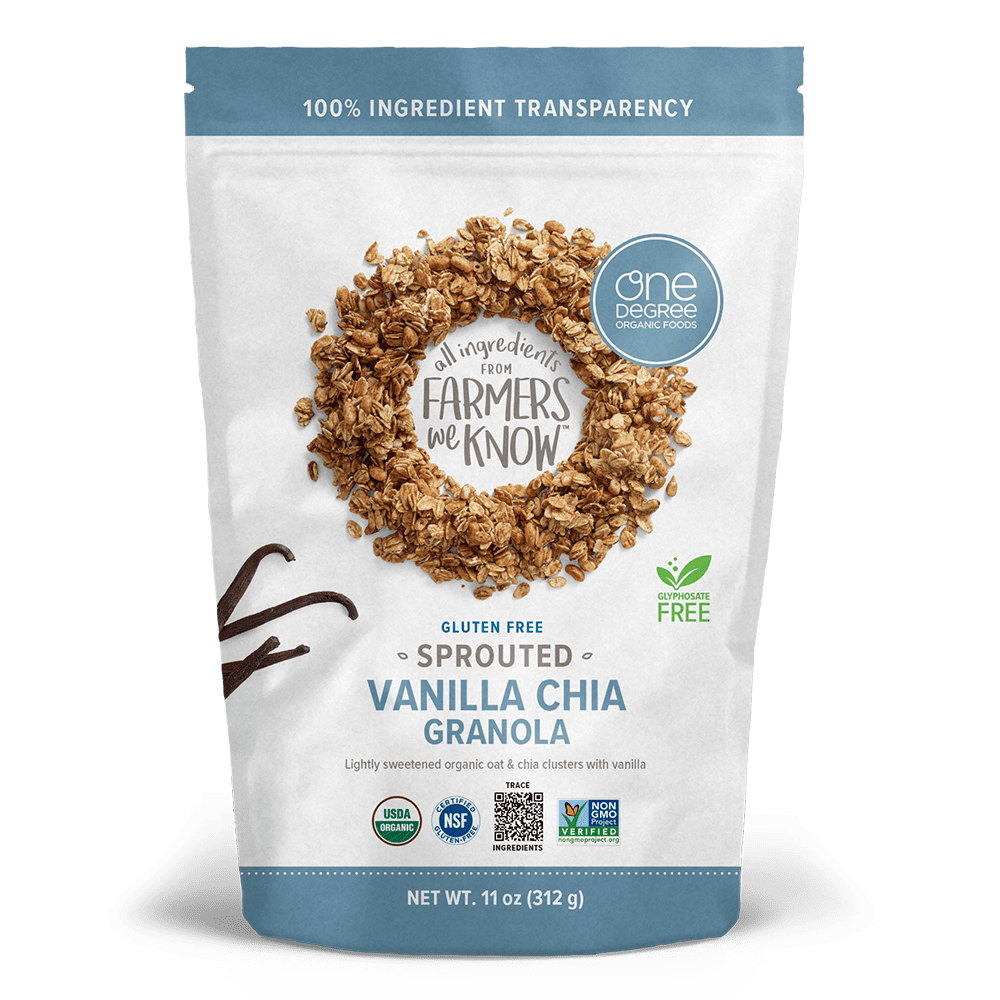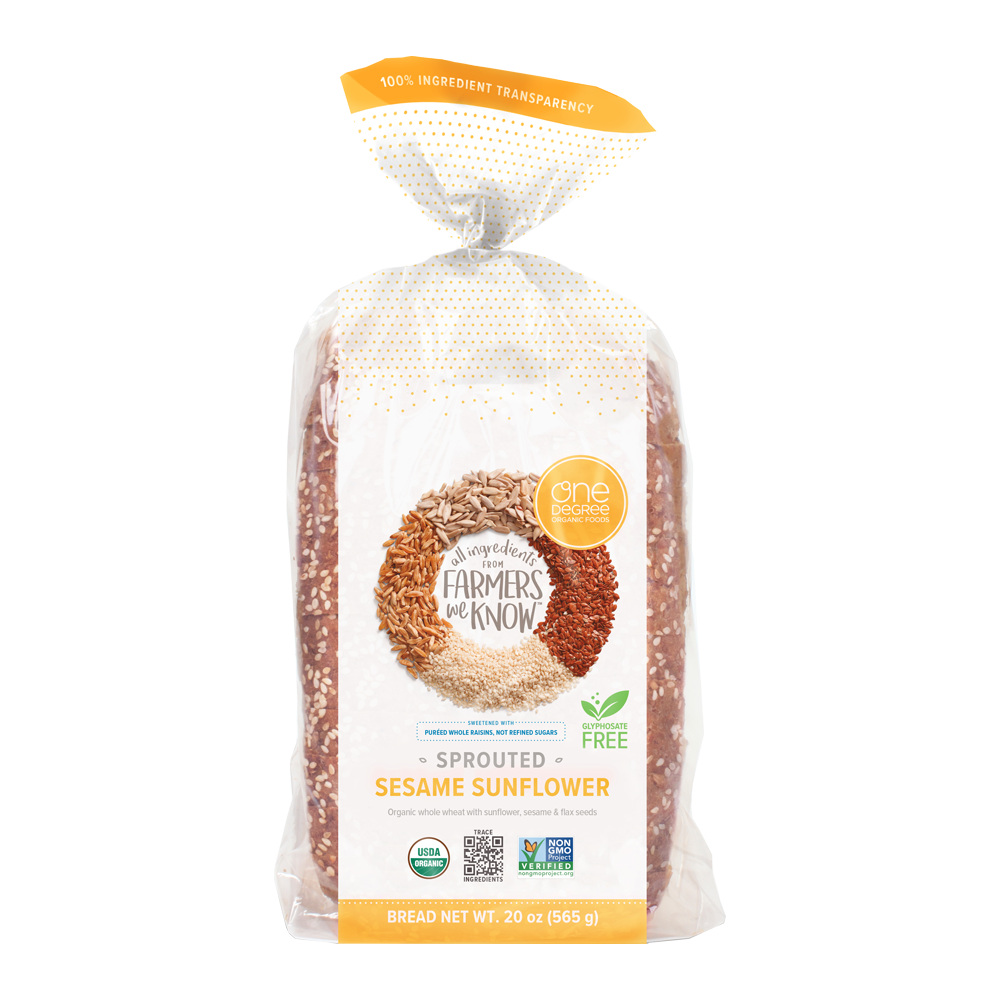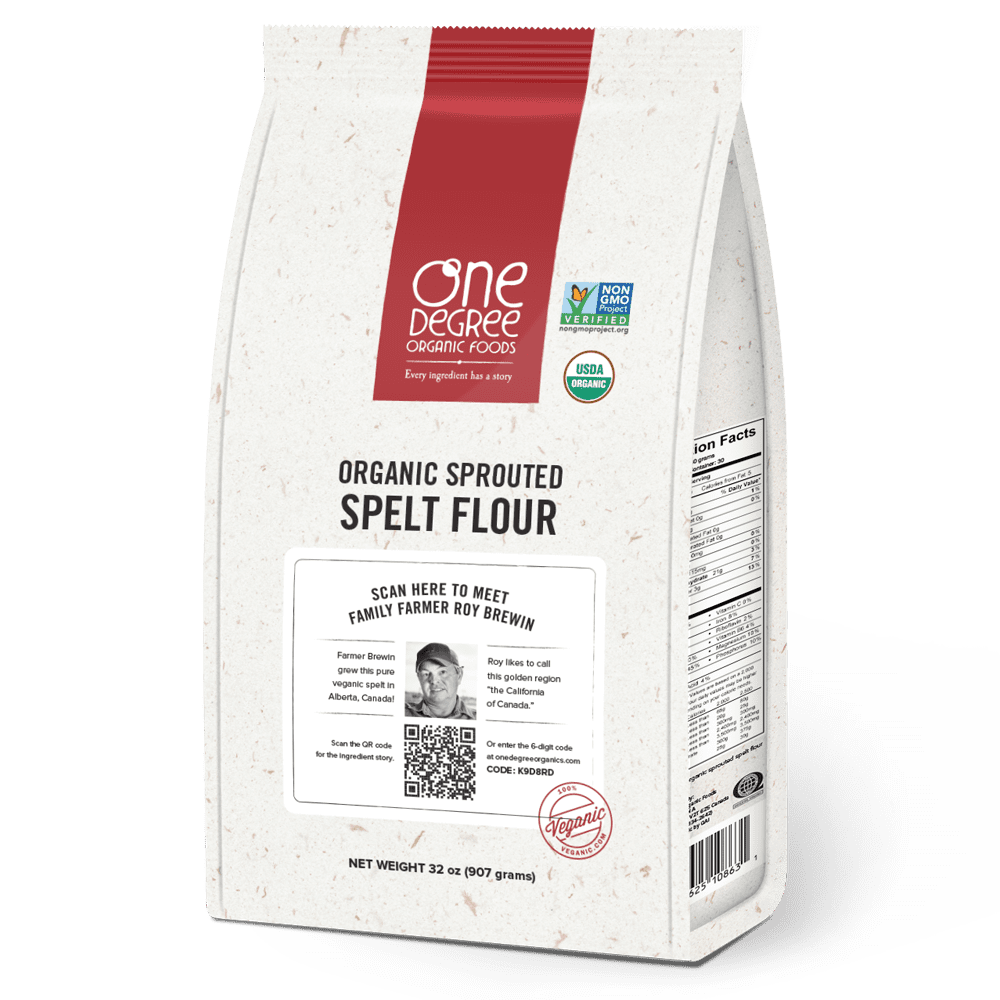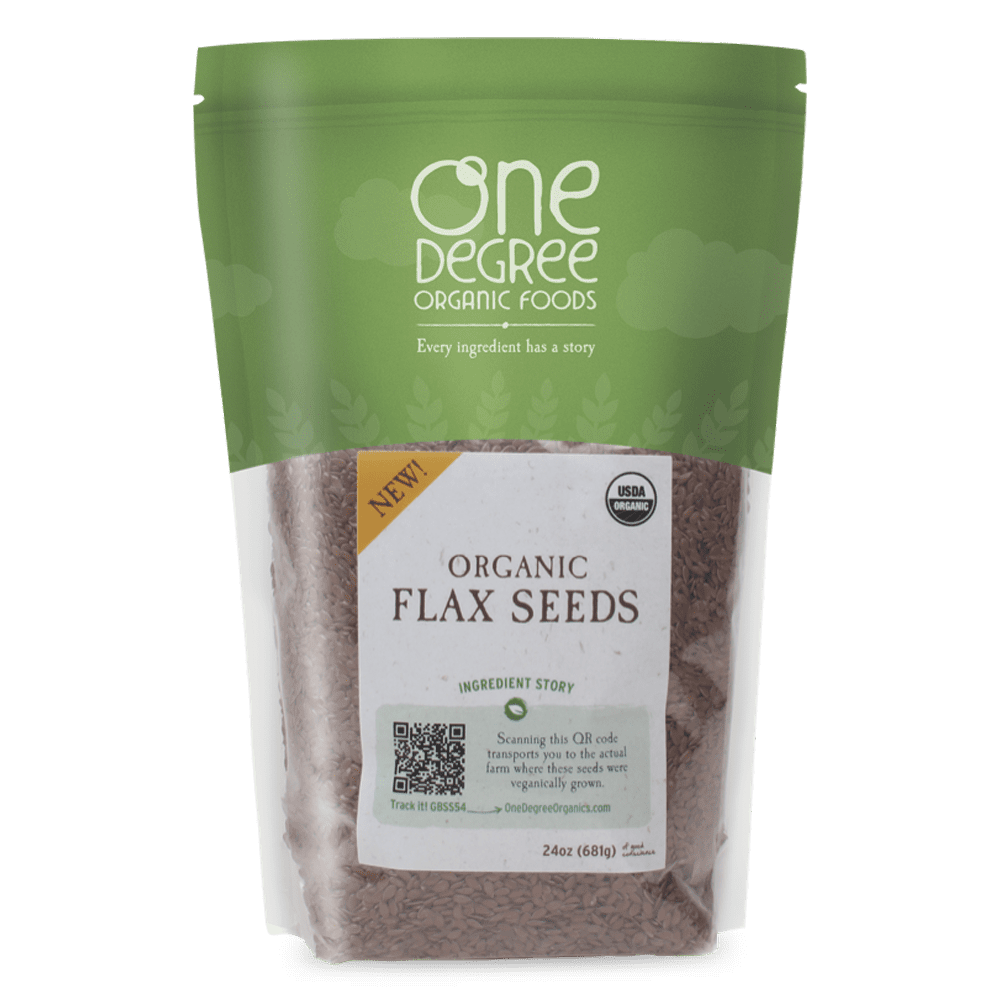Lentils
Naturally Nutritious Foods
“If I have seen further, it is by standing upon the shoulders of giants,” Isaac Newton once wrote. It’s an idea that has taken root on a stretch of prairie near Spalding, Saskatchewan, where the struggles and wisdom of generations have made Eric Leicht’s family farm one of North America’s great organic success stories.
The achievements of Eric’s Naturally Nutritious Foods might have been hard to imagine for the family patriarch who started it all. With Europe in turmoil, Eric’s great-grandfather left a comfortable life in Ukraine to pursue a dream of farming in the New World, first settling in North Dakota, then Alberta.
During the Dust Bowl years, the family relocated to Saskatchewan. “Where they come from, it was dried out bad,” recalls 84-year-old Ben, Eric’s father. “Saskatchewan was raising pretty good crops in the 30’s.
“When we moved from Alberta we lived in a log house. It was two rooms; we burned wood all the time. We always used horses to go to town and school. That was the way we moved from one place to the other. Then in 1939 Dad bought his first tractor — it was a John Deere. At that time John Deere took horses on trade. That’s how we ended up with a John Deere tractor. We farmed quite a bit of land; we put in long hours.”
Young Eric grew up loving the land. “Eric always helped around the farm, driving the tractor,” says Ben. “Then when he finished high school he went to the university, took four years of commerce. When he finished that he said he was gonna start farming, and he did. Then when he got married they decided they would go organic. I didn’t know too much about it. I thought it was a good idea and I went along with it. And I’m glad I did.”
Today Eric farms 4,000 acres that yield abundant harvests of wheat, spelt oat, flax and a variety of lentils. Characteristically, the decision to go organic was a choice informed by the wisdom of generations, and made for the benefit of the next generation.
“I wanted to farm, I liked it out here, I enjoyed it,” Eric says. “I liked the seeding, the harvest, I liked everything about being out here, but I didn’t like the spraying at that time. About that same time I met my wife. She wasn’t a big fan of chemicals either. We decided this is a direction we are trying to go and raise our kids without all the chemicals around, to give them a good healthy start.
“We usually sprayed for weeds in June sometime. I kept noticing after I was done that I wouldn’t feel well. I felt tired and sluggish for a few weeks after that, so I kinda started putting two and two together and doing some reading and realized what could be causing it. Even though we put carbon filters in all our tractors, wear suits and try to avoid contact with these chemicals, you could still always smell them in the air when you’re spraying them. They’re always there. You’re not supposed to touch these chemicals, you wear protective clothing, put special filters so you don’t breath them in, yet all this stuff is continuously going on our food.”
In the new organic environment, the couple’s daughter and two sons enjoyed an idyllic childhood on the farm. Now the sons, ages 19 and 23, are following the family tradition of working the land.
“To see them interested in the farm is, to me, that’s the ultimate goal,” Eric says. “Even though farming can be a challenge, it’s nice to see them involved in the farm. When you grow up on a farm you start hanging around and doing things at a very young age, so you wanna help out in any way you can. That’s the way my sons are too; they were riding around on the combine when they were just babies, just sleeping on the floor. They loved coming out there.”
Sons Matthew and Jade are enthusiastic about the organic methods used on the farm. “I personally think it’s a lot better for the soil, it’s a lot more sustainable,” says Matthew. “Obviously you can spray a weed right now, but anytime a new weed can come up and that spray might not work on it, then what are you gonna do? With organic farming, with all the variety [of crops] we use, it kinda keeps the soil in good condition, keeps different nutrients in the soil.”
“We’re always thinking in the long-term of what’s gonna benefit your soil the most,” agrees Jade. “How are you going to reduce your weeds and get a better crop every year without killing the soil.”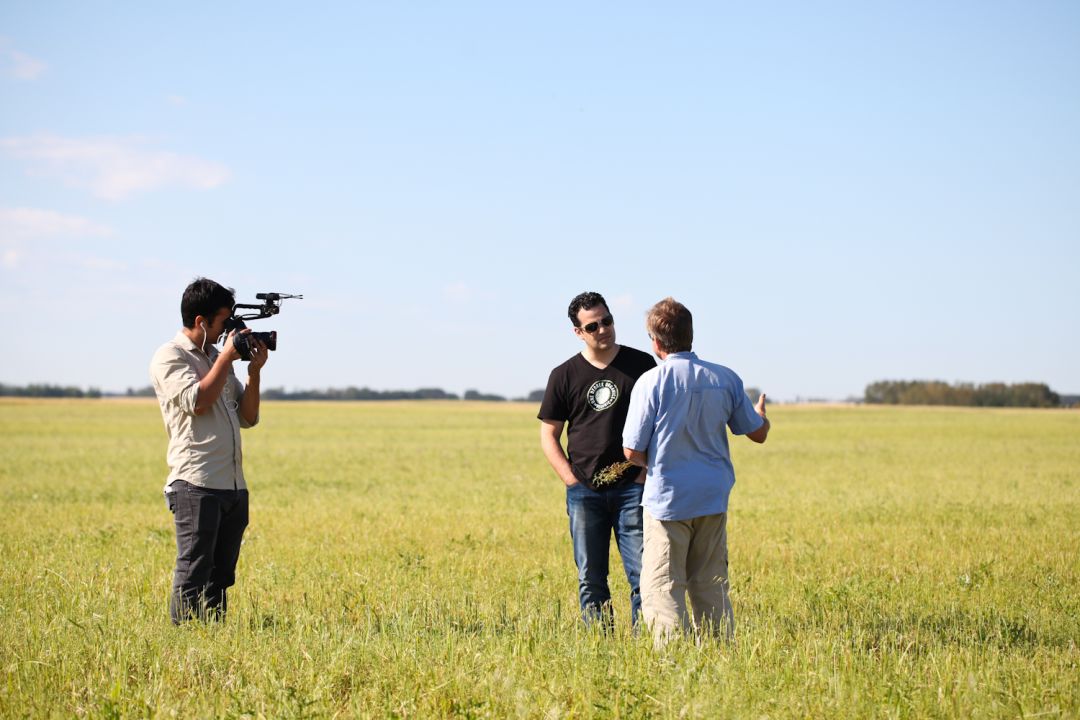
Jade notes that for many conventional farmers in the region deciding which crops to plant is strictly a question of profit. Often overlooked is the effect growing the same crop year after year may have on the soil. “I know there’s a piece a land that’s by ours, because canola has been [priced] so high he’s been seeding it for 4 to 5 years, canola in the same row. It looks worse and worse every year. He wonders why. He’s sucking all the nutrients out of it. I’m sure with all the chemicals you’re spraying on every year it just kills all your microbes and your soil just doesn’t function.”
Keeping the soil healthy on the Leicht family farm involves crop rotation, plowing nutrient-rich plants into the soil, and providing time for nature to renew the land by allowing acreage to lie fallow.
“Our main rotation would be a plow-down and then we do a cereal like wheat, followed by a legume such as lentils or peas, followed by a flax, followed by a legume,” Eric explains. “We alternate legumes and cereals or flax. Nature prefers variety. There’s less chance of disease, and it keeps everything growing better.
“One of our main goals on our farm is to provide as nutritious food as we can grow here. By working with the soil and the life in the soil, I think that’s the only way that can be accomplished, rather than dumping on a bunch of synthetic nutrients such as nitrogen and phosphate which eventually, a good portion, ends up in our environment, whether it be our waters or ground water or lakes, rivers and oceans.
“The only way to get nutrient-dense food is by working with nature. You can add lots and lots of nitrogen and grow a big beautiful plant, but the sugar content is always very low. For vegetables and fruits the organic ones if grown properly are always much sweeter, taste better.”
It is always the simple that produces the marvelous, a novelist observed in a different time and place. On the open prairie of Saskatchewan, the wisdom of the Leicht family generations has distilled a keen insight that proves the truth of that adage: “Soil is what makes your crops,” Eric says. “That’s the farmer’s best friend.”
— Charlie Dodge
